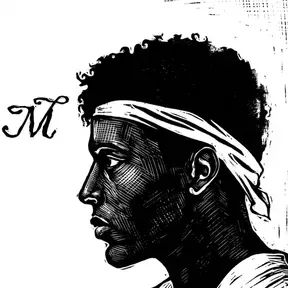

Moor Music
The Moors were a group of African people who, from the 8th to the 15th centuries, ruled parts of what is now Spain, Portugal, and North Africa. During their rule, the Moors introduced a number of cultural and scientific advancements to the region, including significant contributions to the development of music.
One of the most notable ways in which the Moors influenced modern music is through the introduction of the lute, a stringed instrument that is similar to a guitar. The lute was widely used in Moorish music and eventually spread to other parts of Europe, where it played a key role in the development of classical and popular music.
In addition to the lute, the Moors also introduced a number of other instruments to the region, including the flute, the violin, and the percussion instrument known as the tambourine. These instruments, along with others, were incorporated into the traditional music of the Moors and later influenced the development of many different musical styles, including folk, classical, and popular music.
Overall, the Moors played a significant role in the evolution of music, both in the region they ruled and beyond, and their influence can still be heard in many modern musical styles today.











